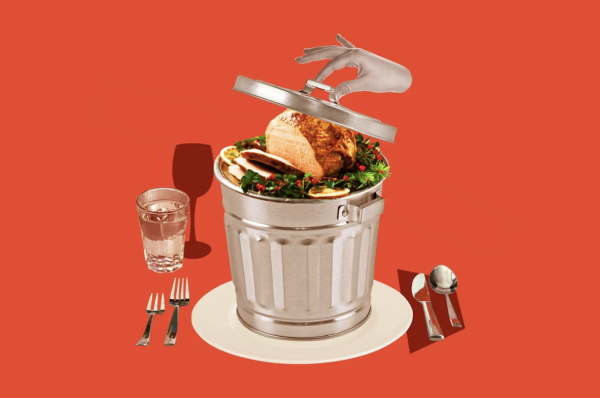Breakthrough Pig-Heart Transplant Could Revolutionize Transplant System
Photo courtesy Sergey Nivens
Xenotransplantation
In a breakthrough surgery, doctors transplanted a pig heart into a patient on January 10, 2022. The 57-year-old patient, David Bennett, suffered from life-threatening arrhythmia and was ineligible for a human heart transplant. Though he knew the odds were against his favor, he considered the transplant his “last choice,” sharing, “It was either die or do this transplant.”
The surgery marks a significant advance for xenotransplantation, the transfer of animal organs, tissues, or cells into a human patient. Prior attempts at these transplants have failed as patients’ bodies have rejected the animal organs. This time, researchers at the bio-tech company Revivicor genetically modified a pig’s heart to increase the transplant’s chance of success. In all, researchers modified ten genes: “knocking out” three to reduce Bennett’s immune response, adding six to increase his body’s likelihood of accepting the heart, and deactivating one to prevent the heart from growing overly large. Bennett also received drugs to suppress his immune system.
The success of xenotransplantation could dramatically alter the medical transplant system, where there is an overwhelming demand for organs, but few donors. According to the Health Resources and Service Administration, over 106,000 people are on the waiting list for an organ transplant, but a mere 3,800 received an organ last year, as indicated by the United Network for Organ Sharing. Meanwhile, an average 17 people on the waiting list die each day. That doesn’t include patients, like Bennett, who don’t qualify for a spot on the list, whether due to medical history or non-compliance, among other factors. Successful xenotransplantation can resolve the organ shortage, saving thousands of lives.
Ethical questions surfaced after reports showed that Bennett was an ex-convict who served prison time after stabbing a man decades ago, and some wondered whether Bennett was the right recipient for the transplant. However, medical ethicists argue that legal punishment is divorced from medical treatment. Scott Halpern, a medical ethics professor at the University of Pennsylvania asserted that while the legal system “determine[s] just redress for crimes,” the medical field “provide[s] care without regard to people’s personal character or history.” As Arthur Caplan, a bioethics professor at New York University put it, medicine is “not in the business of sorting sinners from saints.” In other words, medicine is blind. The decision to treat David Bennett was based solely on his critical need for medical care.
As of January 22, Bennett is recovering from surgery. His body has not rejected its new heart, and he is taking immunosuppressants, including an experimental drug, to reduce that risk. Doctors remain hopeful that Bennett’s condition will remain positive over the next months. His survival could pave the way for the survival of thousands of others.
Sources:
https://www.organdonor.gov/learn/organ-donation-statistics
https://www.technologyreview.com/2022/01/11/1043374/gene-edited-pigs-heart-transplant/
https://www.yahoo.com/news/first-pig-heart-transplant-patient-113300628.html

Grade: 12
Years on Staff: 4
Why are you writing for the Flintridge Press?
To address issues relevant to our time, to express ideas through writing,...









